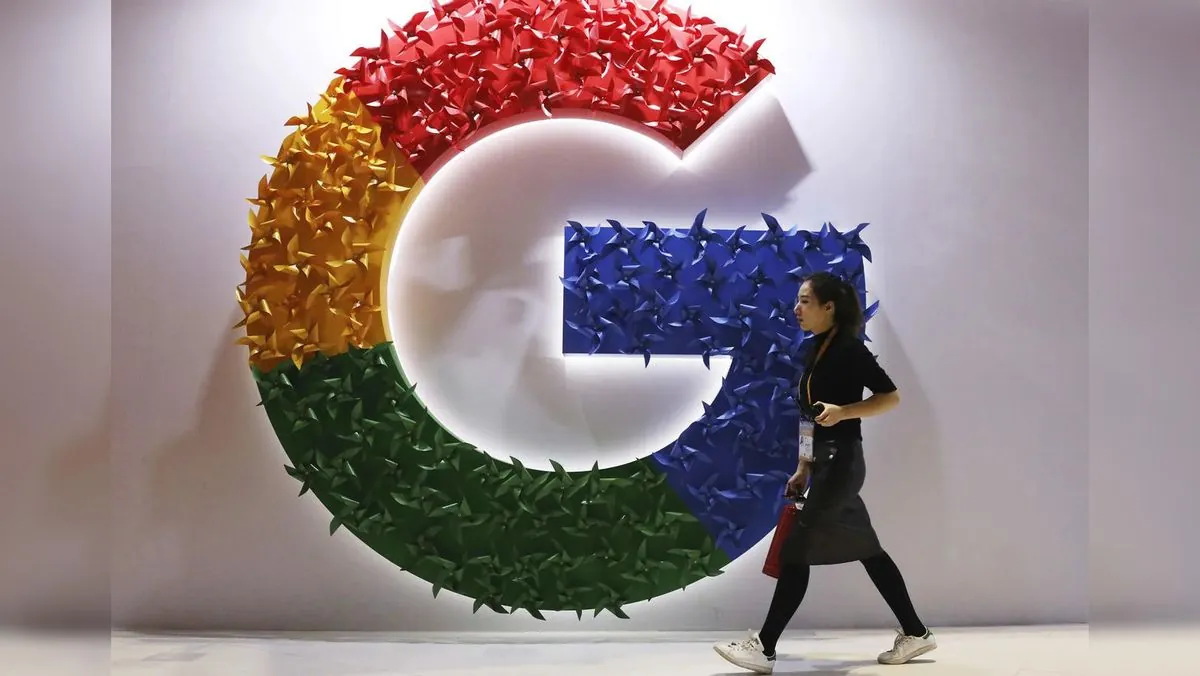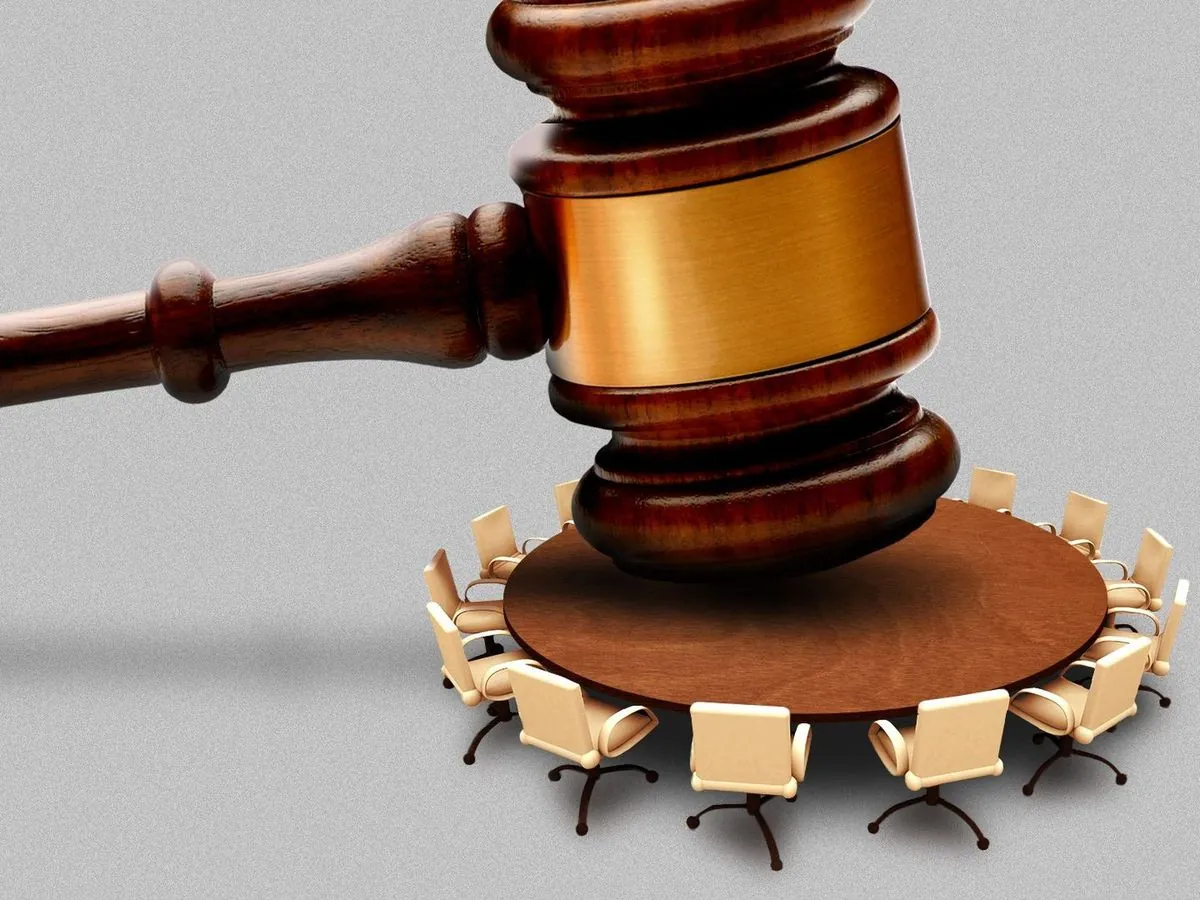Google's Monopoly Ruling: A Turning Point in Tech Regulation?
A landmark court decision declares Google a search monopoly, sparking debates on tech regulation. The ruling could reshape the digital landscape and challenge other tech giants' market dominance.

A recent court ruling has declared Google a monopoly in the search business, marking a significant shift in the tech regulation landscape. This decision, issued by Judge Amit Mehta in the U.S. District Court of the District of Columbia, stems from Google's $18 billion payment to Apple in 2021 to secure its position as the default search engine on Safari.
The ruling against Google initiates a complex legal process. Hearings to determine appropriate remedies are scheduled for September 2024, with Google expected to appeal the decision. This development has already impacted Google's market value, with shares dropping 5% following the announcement.

The case against Google is part of a broader trend of antitrust actions targeting major tech companies. The Federal Trade Commission (FTC) and various states are pursuing cases against Amazon, Apple, and Meta. These actions reflect a growing concern over the concentration of power in the tech industry, echoing earlier antitrust efforts such as the landmark United States v. Microsoft Corp. case in 1998.
"What's clear is it's really bad news for Google. This isn't a slap on the wrist. It's a real blow. I think the real question is whether it's basically a slap across the face or a blow to the body that will really change the company fundamentally."
The ruling against Google could potentially reshape its business model, particularly regarding revenue-sharing agreements with partners like Apple and Samsung. More radical proposals include requiring Google to share search data, although this raises significant privacy concerns.
Interestingly, this shift towards stricter tech regulation has garnered bipartisan support in the United States. The case against Google was initiated during the Trump administration, challenging the notion that such actions are solely driven by progressive politics. This bipartisan consensus suggests a broader recognition of the need to address the immense power wielded by tech giants.
However, the rapid pace of technological advancement poses challenges for effective regulation. As the focus shifts to emerging technologies like artificial intelligence (AI), there are concerns that regulatory efforts may always lag behind innovation. This highlights the need for increased technical expertise within government bodies to effectively oversee and regulate the tech industry.
The Google monopoly ruling represents a significant moment in the ongoing debate over tech regulation. As the legal process unfolds, it may set precedents that shape the future of the digital economy and the balance of power between tech giants and regulatory authorities.


































